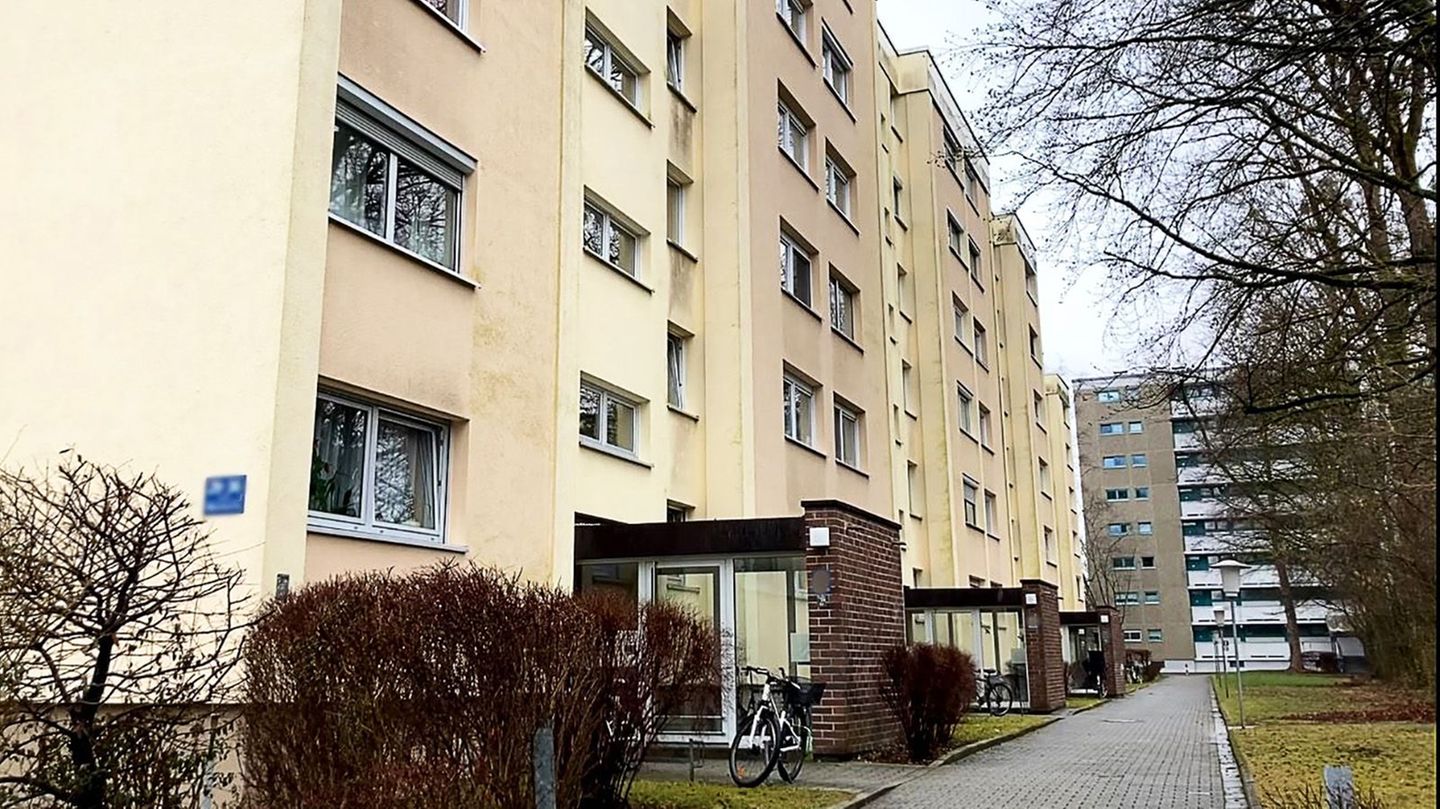Diplomatic Shifts: Taliban's Global Engagement
The Taliban seeks international recognition and cooperation through diplomacy, engaging with nations like Germany and Japan while facing scrutiny for past actions.
Published February 18, 2025 - 00:02am

Image recovered from stern.de
In recent developments, the Taliban have signaled a shift in their approach to international relations, combining diplomatic outreach with contentious internal policies. The group's efforts to engage the world continue to draw both attention and criticism. Key among these efforts is the Taliban's willingness to collaborate with Germany on asylum and deportation matters, a move seen as part of their broader strategy to gain international legitimacy.
According to Abdul Kahar Balchi, spokesperson for the Taliban's foreign ministry, the group is eager to resume consular services in Germany, encompassing various migration aspects. This offer comes amidst Germany's call to resume deportations to Afghanistan following an incident involving an Afghan asylum seeker. The Taliban's stance on these expulsions is that they should occur bilaterally, emphasizing the need for talks regarding the treatment of returnees once they are back in Afghanistan.
Critics warn that any dialogue with the Taliban may inadvertently bolster their international standing, particularly when these interactions revolve around contentious issues like extradition and asylum. This perspective underscores the delicate balance Western countries face in managing relations with a regime considered internationally isolated.
Parallel to their dealings with European nations, the Taliban's international endeavors saw a groundbreaking diplomatic visit to Japan. A delegation comprised of officials from Afghanistan's ministries of higher education, foreign affairs, and economy visited Japan, marking a rare outreach beyond their immediate region. The visit highlights the Taliban's efforts to secure a place in the global community, seeking partnerships that could help modernize and advance Afghanistan's economic and social infrastructure.
Deputy Minister Latif Nazari expressed the Taliban's desire to engage with the international community on equal terms to transform Afghanistan into a united and prosperous nation. Despite the optimism, the Taliban's commitment to international norms, particularly concerning human rights and gender equality, remains under scrutiny, and these concerns continue to affect their diplomatic credibility.
This increased diplomacy follows a history where the Taliban have only engaged significantly with Europe during diplomatic summits in Norway in 2022 and 2023. The Japanese stream of diplomacy may pave the way for future engagements with other Western nations, although the road ahead is paved with skepticism and unresolved issues relating to Afghanistan's internal policies.
Adding complexity to these evolving diplomatic activities is the historical context provided by figures like Alexander Wolfovich in Belarus. During a commemoration of international soldiers day, Wolfovich reminded attendees of the Soviet Union's bygone involvement in Afghanistan, highlighting the lasting impact of these wars on global military and diplomatic strategies. Such reflections emphasize the long-standing geopolitical implications of Afghanistan's interactions with major powers.
Taliban's diplomatic overtures, reflected in these various international endeavors, expose the multifaceted nature of Afghanistan's current role on the world stage. The challenges faced by Afghanistan echo through its history but are now juxtaposed against new opportunities and diplomatic doors slowly opening. Whether these efforts will result in meaningful international integration or remain mere diplomatic gestures largely depends on the Taliban's readiness to address core global concerns regarding governance and human rights.







